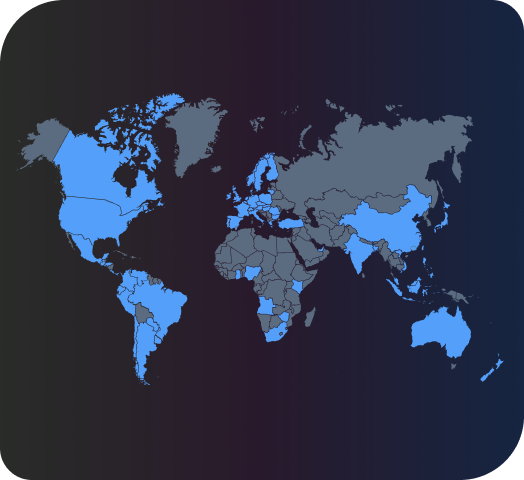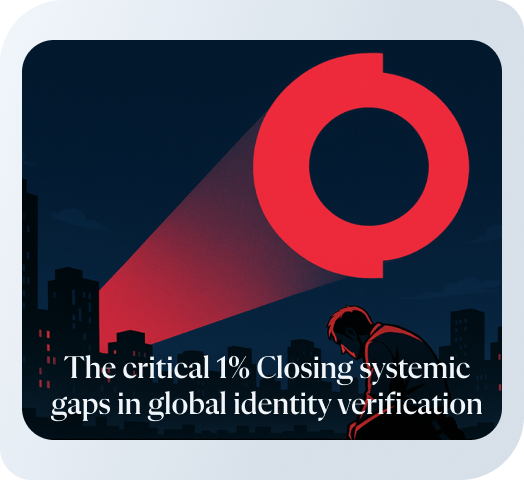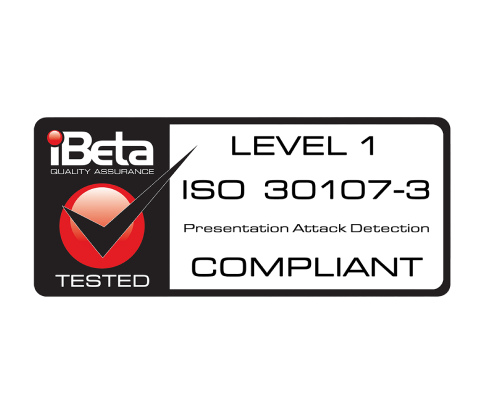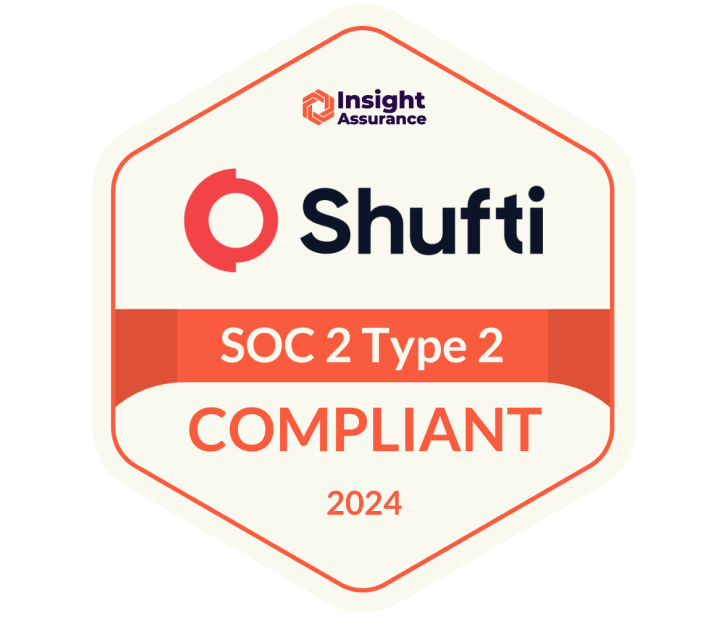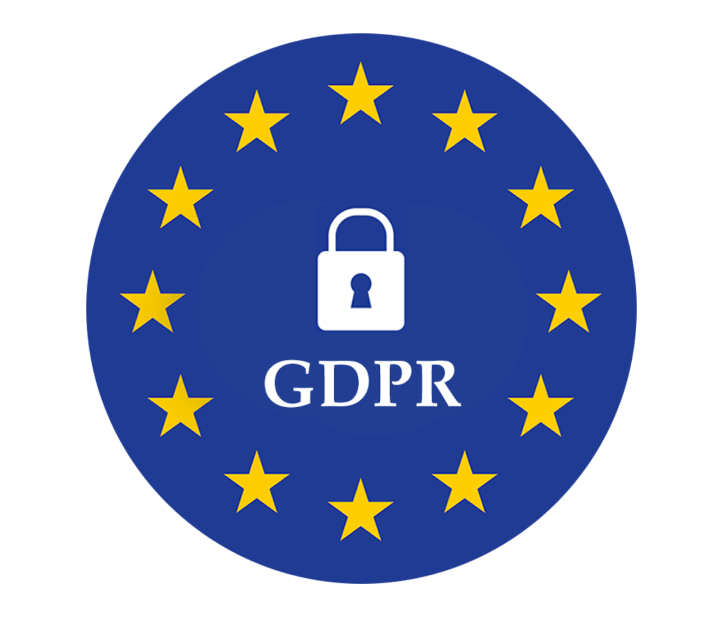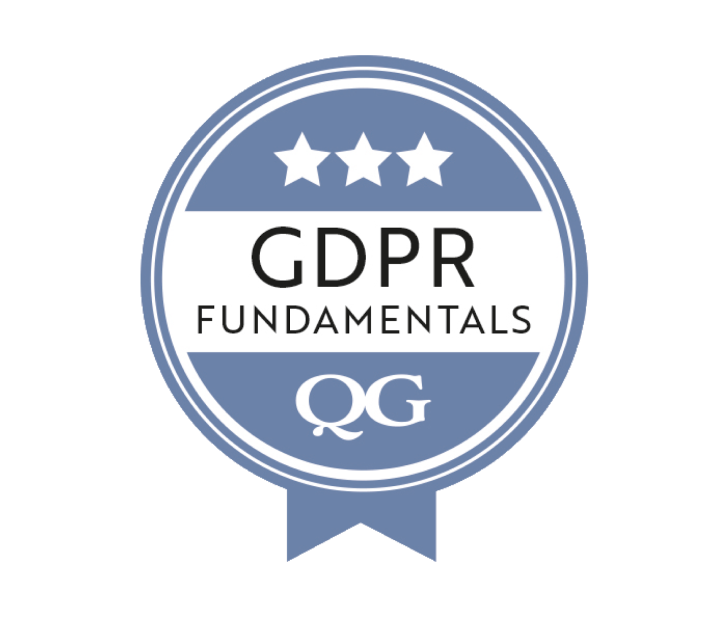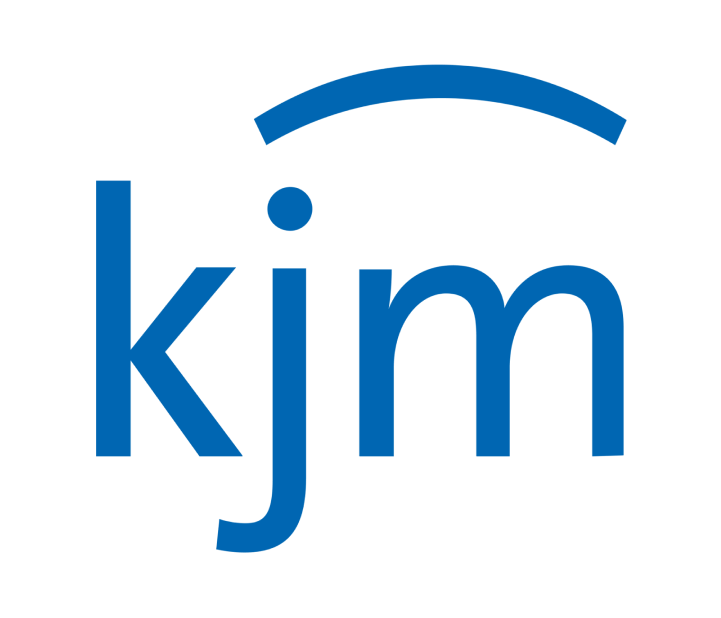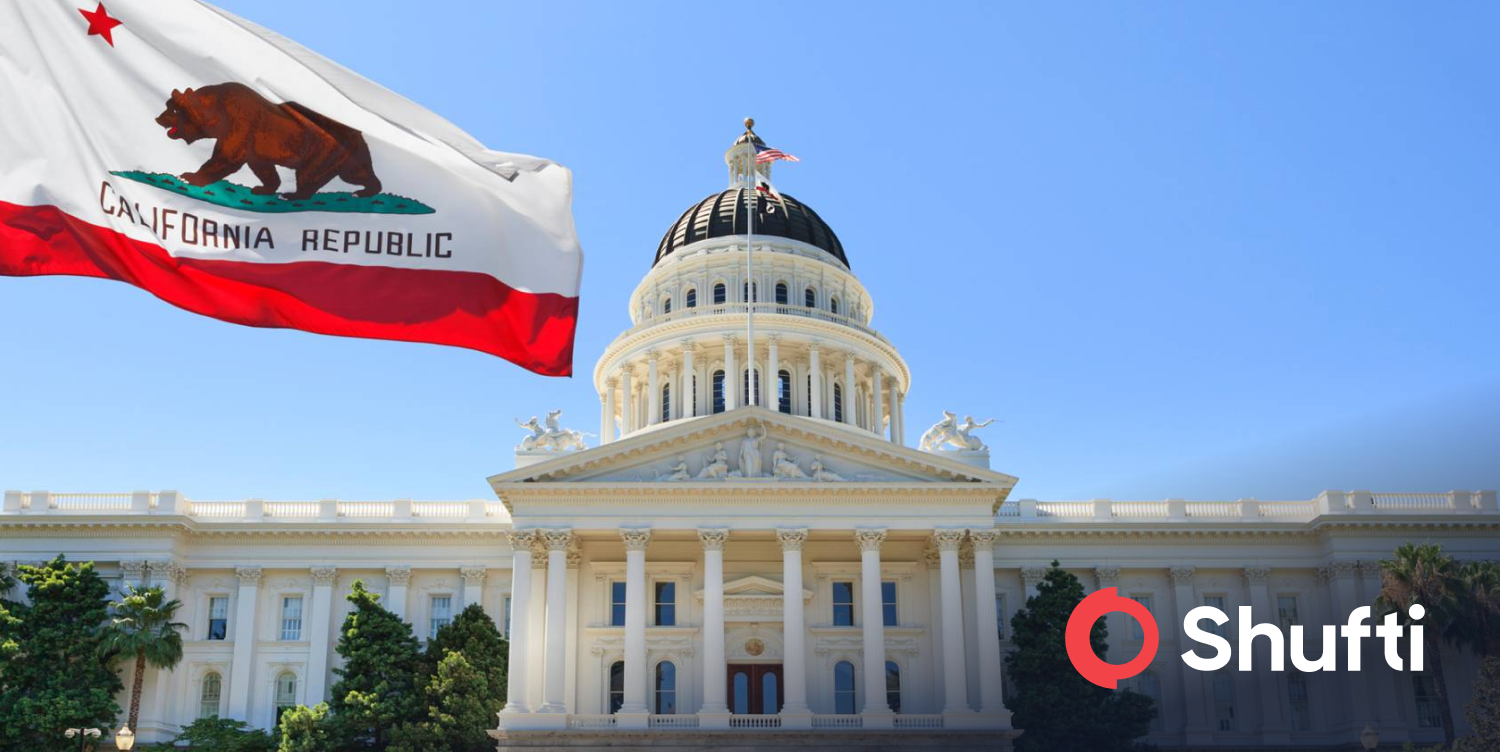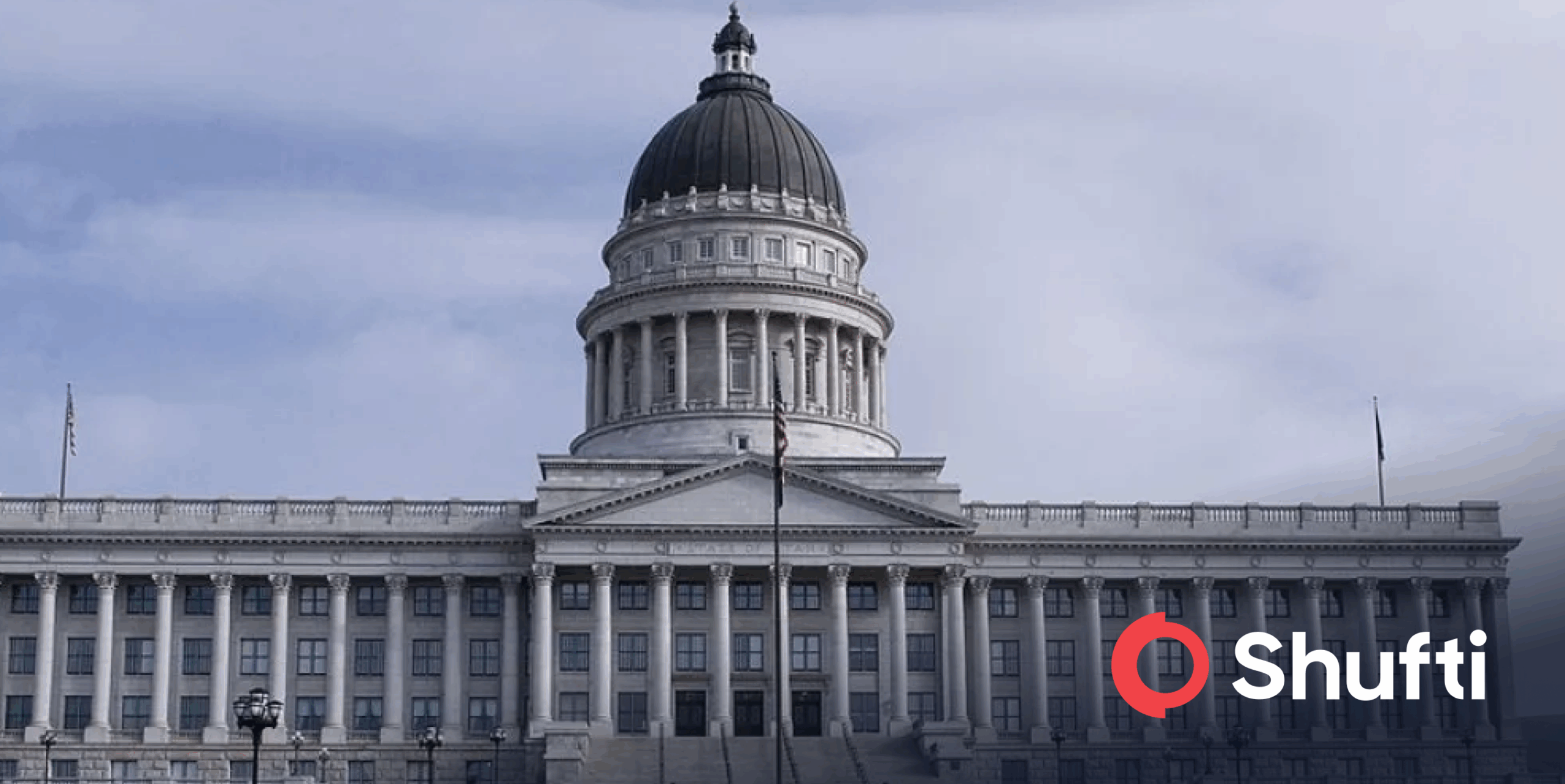Safra Sarasin, private Swiss bank, fined, as they failed to stop laundering of illicit funds
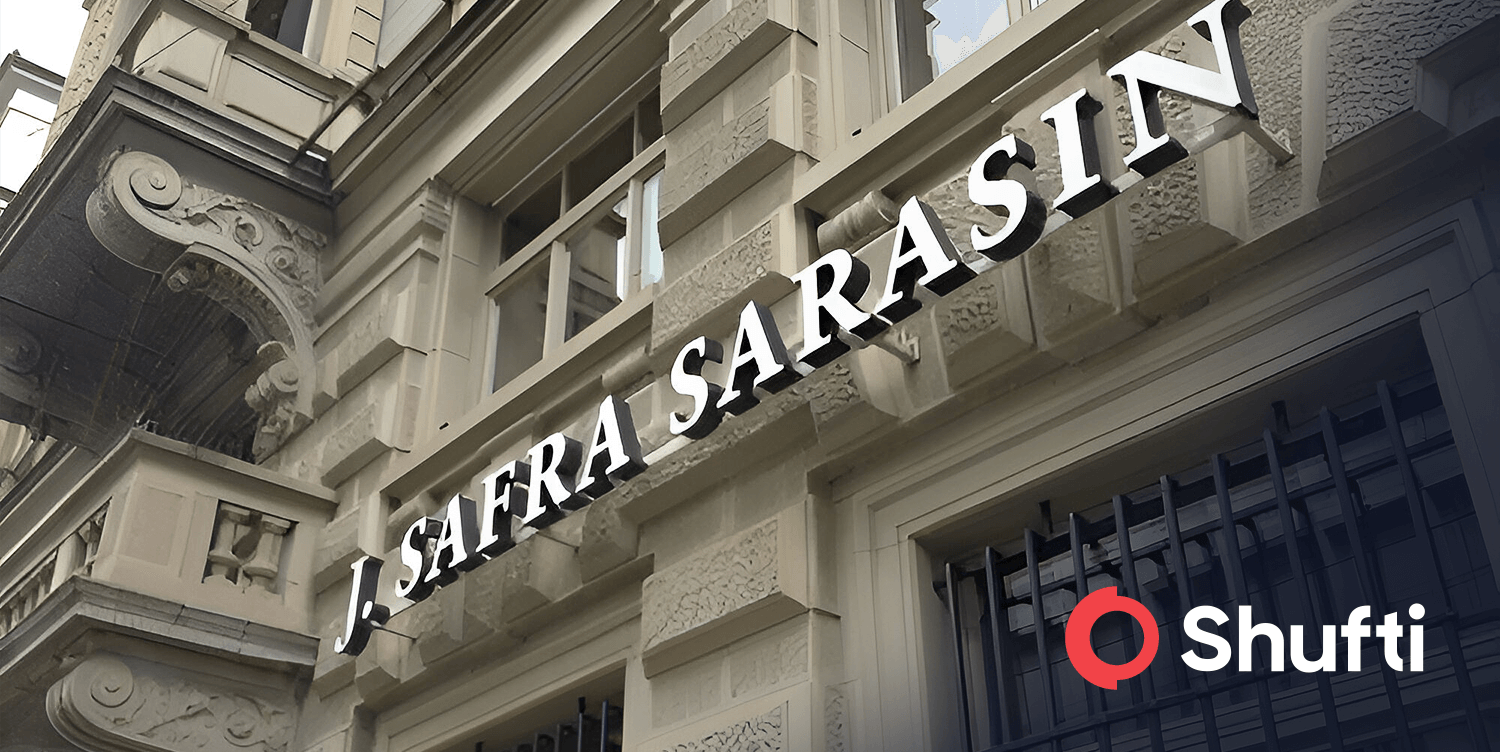
Switzerland’s attorney general announced a CHF 3.5 million fine ( $4.3 million) on a Swiss private bank, J. Safra Sarasin, for failing to prevent money laundering linked to Brazil’s Petrobras corruption scandal, known as Operation Car Wash.
The attorney general’s office said that the bank failed to take the essential organisational measures to pinpoint or stop the suspicious transactions. A total of $71 million transactions were conducted between 2011 to 2014, against which the bank failed to take measures. These funds were allegedly sent as bribes to the executives of Petrobras, a Brazilian state-owned petroleum company.
In addition to the penalty, the bank also reached a settlement with Petrobrás, agreeing to pay 16 million Swiss francs in compensation. No further payments were to be made between the two, implied the prosecutor.
Safra Sarasin denied any criminal liability and stressed that the prosecutor’s ruling did not represent an admission of guilt. The bank said it had strengthened compliance measures in recent years. Both prosecutors and the bank agreed not to appeal, bringing the proceedings to a close.
Bribes were disguised as legitimate payments and then funneled through banks in Switzerland. The money trail linked back to multiple global banks, including J. Safra Sarasin, which allegedly failed to detect suspicious activity. The bribes were given to acquire the oil company contracts.
Swiss prosecutors said Safra Sarasin did not have strong enough internal controls to stop or report the suspicious transactions. This made it possible for corrupt officials and companies to move illicit funds through the bank undetected.
The Petrobras bribery scandal, popularized as Operation Car Wash, was Brazil’s biggest ever scandal, leading to the conviction of over 130 politicians and business executives. Former Brazilian President Luiz Inácio Lula da Silva was also caught up in these investigations.
Switzerland, long regarded as a hub for private banking, has faced increasing scrutiny over its role in global money laundering cases. The Safra Sarasin ruling adds to a series of enforcement actions aimed at tightening controls and addressing weaknesses in compliance systems.





